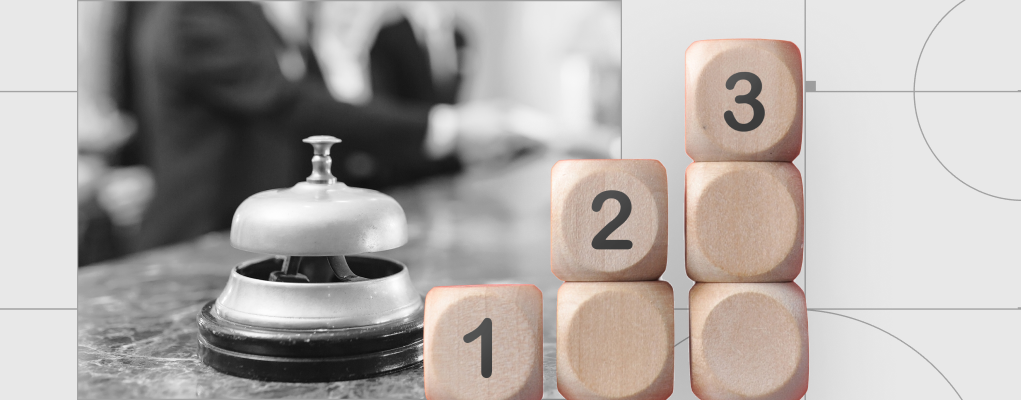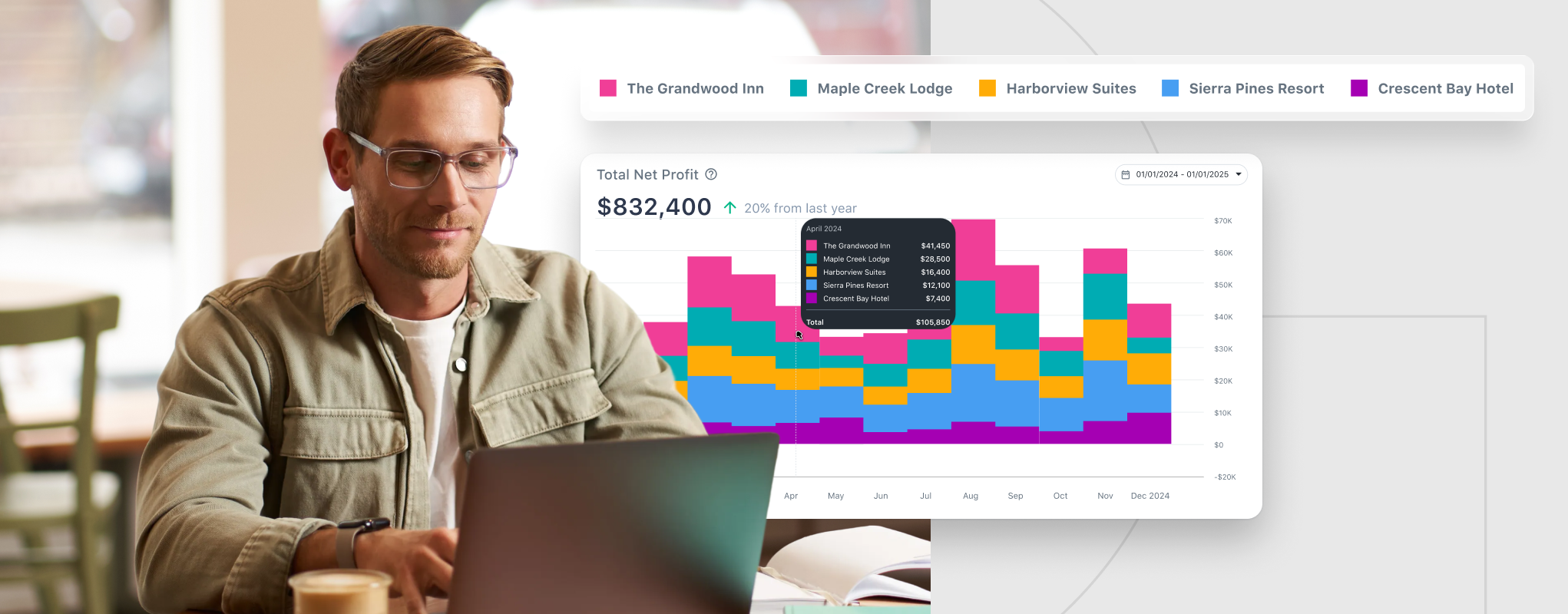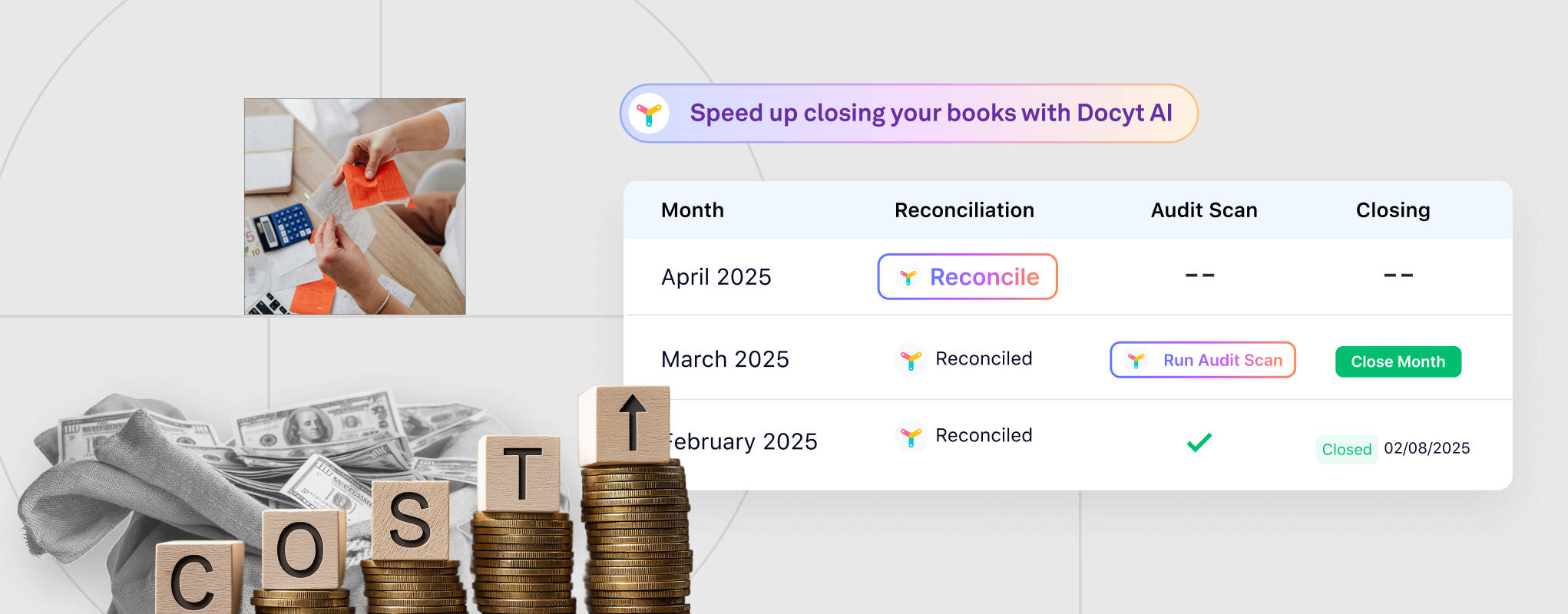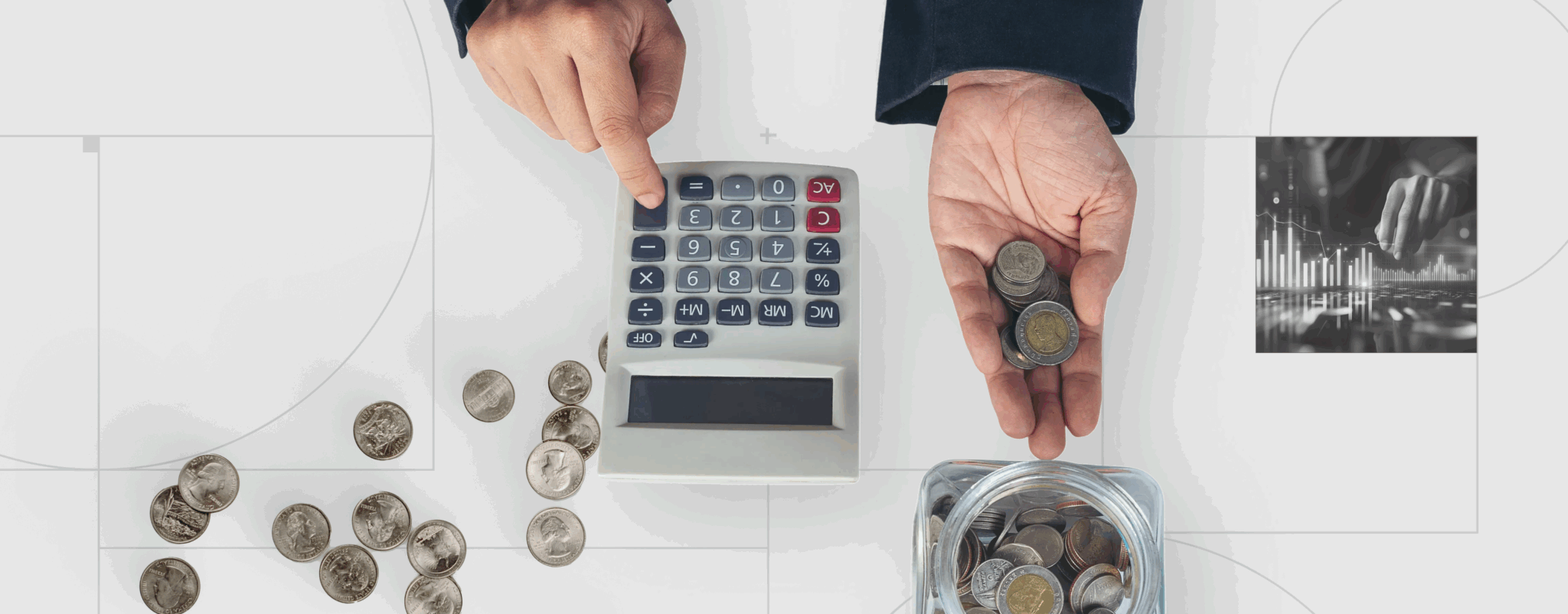As a hotel owner, you’re no stranger to the usual revenue numbers and metrics (RevPAR, ADR, ROM, and Occupancy). They are the industry standard, the go-to metrics every property watches closely. But while these revenue metrics help you track performance, they’re just one part of the whole picture.
Today, profitability is no longer driven solely by revenue. Today’s leading hospitality businesses are looking deeper by tracking accounting metrics that expose hidden cost leaks, inefficiencies, and growth opportunities that revenue figures simply don’t reveal.
In an increasingly global, competitive market, the edge no longer lies in monitoring revenue. It lies in mastering your margins, and these margins require better and more comprehensive KPIs and metrics.
Let’s break down three categories of hotel accounting metrics (outside revenue) that deserve your attention every single day:
1. Market Segmentation & Booking Source Insight
You don’t just need bookings; you need the right bookings – both differ in origin.
For example, direct channels bring more profit, corporate guests stay longer, and group bookings fill off-peak slots. Segmenting your guests and tracking where they book from gives you clarity on profitability, not just occupancy.
Daily segmentation reports tell you if your OTA share is creeping up, your marketing campaigns are pulling the right guests, and whether high-yield groups are converting as expected. Monitoring these reports and their metrics helps you pivot quickly in your promotions, spending, and partnerships.
What you should track daily:
- Revenue by channel (OTA, direct, corporate)
- Segment performance (leisure, business, and group)
- Booking pace by segment
- Cancellation and conversion rates per source
Automated booking source analysis, channel profit reports (not just volume), guest behavior patterns (length of stay, spend), and mix across time and properties are some of the insights AI-powered hotel accounting solutions also offer, which further help hotel owners refine their understanding and take steps as needed.
2. Labor Efficiency & Payroll Control
Labor is your most considerable controllable expense. Yet, in most hotels, it’s either over-protected (at the guest experience’s expense) or overused (at the cost of profit). Daily labor tracking bridges that gap. You catch overspending as it’s happening, not two weeks later, on a bloated payroll report.
This isn’t about shaving hours. It’s about aligning staffing to real-time demand, preventing unplanned overtime, and knowing if one department is regularly overstaffed while another is stretched thin. Right-size your labor without compromising service quality.
Metrics to Track Daily:
- Labor cost as % of revenue
- Overtime hours vs. scheduled hours
- Payroll cost per occupied room
- Department-level labor cost performance
Some advanced AI hotel accounting tools further refine KPI dashboards by offering:
- Real-time labor cost integration with revenue and scheduling
- Overtime alerts and payroll variance dashboards
- Cross-property benchmarks to identify best-performing teams
- Daily labor reports without the need for manual inputs
3. Budget vs. Actual Tracking
Daily budget tracking gives you something no monthly report can – time to fix the mess. When you monitor actuals against your forecast daily, you avoid the shock of end-of-month variances.
For example, imagine knowing by Day 10 that F&B is trending 9% over budget or that housekeeping costs are below expectations. This kind of knowledge empowers you to make precise source corrections or even double down on what’s working before numbers go off course.
Must-Track Metrics:
- MTD and YTD variance to budget
- Profit targets vs. current performance
- Department-level budget comparison
- Forecast accuracy trends
Even better if your hotel accounting solution can offer real-time budget vs. actual reports across all cost centers, automated variance explanations (no spreadsheet digging), and live budget updates based on daily performance.
Docyt AI for Hospitality Bookkeeping and Accounting
The metrics above aren’t just data they’re operational levers that help hotel owners make smarter, faster, and more profitable decisions.
But daily tracking demands something more: Automated bookkeeping, real-time reconciliation, daily closing of books, instant reporting, and BI tools that surface to deliver advanced insights.
That’s where AI-powered accounting software like Docyt can help. As an AI-powered hotel bookkeeping and accounting solution with integrated revenue forecasting and labor management features, Docyt offers all the above and some more to refine your everyday decision-making. Talk to an expert today to learn more.




